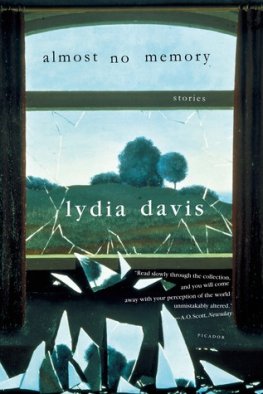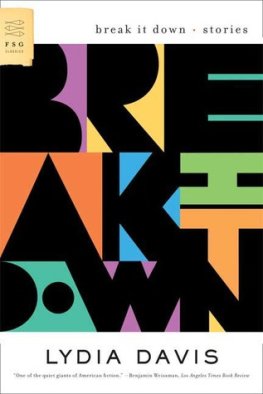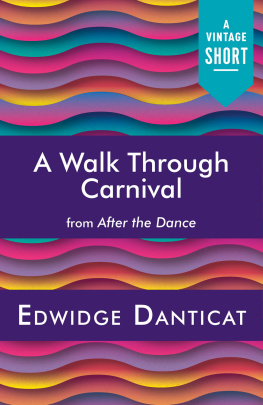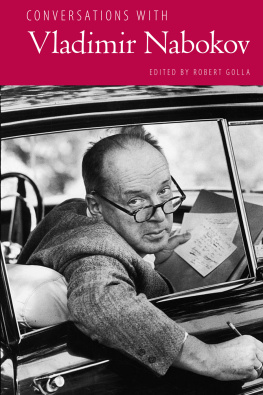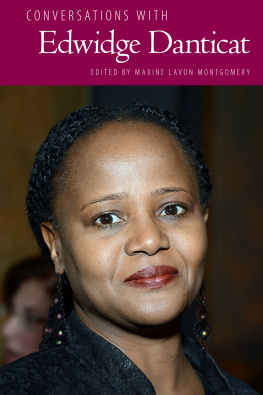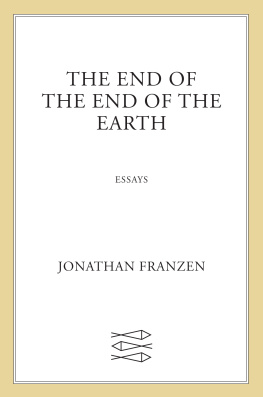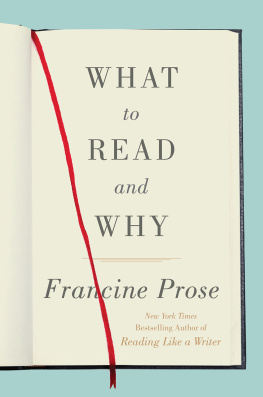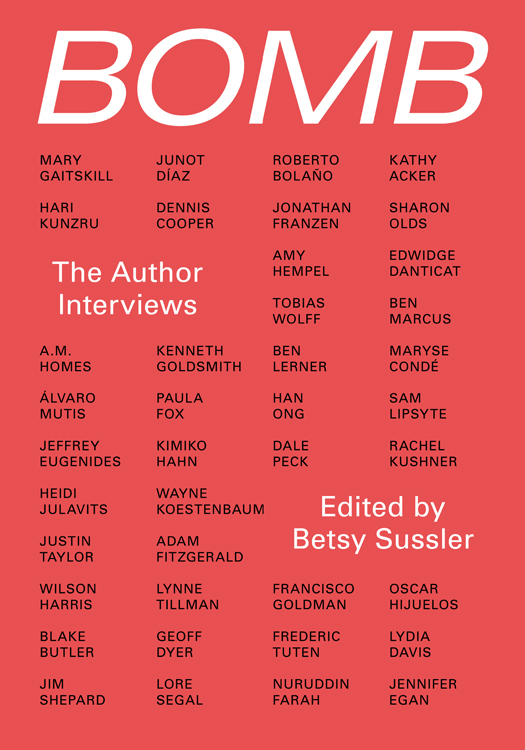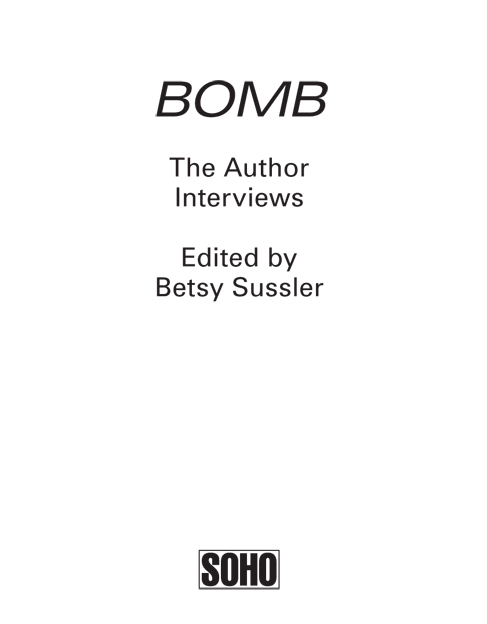Copyright 2014 by BOMB
All interviews appear by permission of the interviewer or the interviewers estate and BOMB Magazine
Published by
Soho Press, Inc.
853 Broadway
New York, NY 10003
Designed by
Everything Studio
Library of Congress Cataloging-in-Publication Data is available.
ISBN 978-1-61695-379-9
eISBN 978-1-61695-380-5
v3.1
CONTENTS
Foreword by Betsy Sussler
These spirited dialogues are intimate and provocative because they are created between authorsplayful and probing, they draw revelations from the experience of writing. They have taken place over lunch, in bars and homes, as recorded interviews or as epistolary exchanges via email and fax. They are intellectual explorations that range over life, influence, inspiration, craftsmanship, and the ineffable mysteries that transform the act of writing into a work of art. As discourse, they include you, the reader, in their making and in the interpretation of meaning. Welcome.
Betsy Sussler, Cofounder, Editor-in-Chief, BOMB
Introduction by Francine Prose
Imagine eavesdropping on a conversation in which the writer whose work you most admire speaks honestly, openly, and articulately about how a bookor a sentencegets written. Imagine an interview that touches on everything a favorite writer has read and thought about literature, about the craft of writing, about art, music, inspiration, revisionand the temptations of procrastination. Imagine that all these subjects have been collected and distilled into a leisurely, thoughtful, intimate dialogue about the most important things in a writers life.
That is just the kind of conversation collected in this anthology culled from the interviews that BOMB Magazine has published over the last decades, a collection that will come as a revelation to readersand to writers at every stage of their career. In these pages, we overhear authors talking to their peers, to people they respect, trying to make sense of the mystery that occurs when they sit down at their desks.
Here we can listen to Roberto Bolao describe his enthusiasm for the stories of Edgar Allen Poe and the novels of Philip K. Dick, ponder how much of his work is autobiographical, and explain what interests him in fiction: The form, the rhythm, the plot. The great Somalian novelist Nuruddin Farah discusses the differences between his early and late drafts. Lydia Davis considers how much she knows, from the beginning, about whats going to happen in one of her stories or novels.
Paula Fox reflects on the relation in her work between fearlessness and innocence. Jonathan Franzen speaks, with astonishing frankness, about the ways in which his family experience found its way into The Corrections. Maryse Cond recounts how she reimagined Emily Bronts Wuthering Heights as a Caribbean novel. Jeffrey Eugenides takes on post-modernism and describes the challenge of sustaining the original impulse that led him to write Middlesex.
Sapphire addresses the question of mortality: how her awareness of the fact that one day Ill be dead spurs her determination not to waste time. And Lore Segal shares the advice she gives her writing students: The one thing you can rely on in any situation is that the feelings youre going to have are not the ones you think youre supposed to have. Look and see whats really going on.
In these conversations, writers recall how they started writing a certain novel or story; they remember the various stages of the process; they willingly tell us what a character really signifies, what a plot turn represents. They explain what they were trying to do and say. They expound on the importance of the well-made sentence, on cadence and rhythm, on the challenge of creating characters and moving plots along, on the ways in which they have learned to deal in their work with the problems of time and space. And they are willing to get down to the nitty-gritty: editing, revision, dealing with an agent or publisher, literary prizes, the demands and obligations of a writers life.
Of course, reading the conversations collected in this anthology might give you a strange idea about how writers talk. Asked to account for themselves, from their earliest encounters with Dick and Jane to the moment when the first copy of their first published book arrived in the mail, they respond with concise, compressed, compact replies. On the subject of their literary influences, they say provocative and original things. Ben Lerner speaks movingly about his admiration for John Ashbery, Jennifer Egan cites Cervantes, Sterneand The Sopranos. Geoff Dyer reminds us of the benefits of reading history and of watching the films of Andrei Tarkovsky.
And the most amazing thing is: they never sound stupid, never repeat themselves, never stammer or mumble unintelligibly. They always seem to have a smart and readily comprehensible answer. And they have no problem saying what they mean!
Reader, I have a surprise for you. Writers dont talk that way. No one, or practically no one, talks that way. Like everyone else, maybe more than everyone else, writers stutter, stumble, correct themselves, and say plenty of stupid things. They claim that they have no idea why they wrote what they did. Asked to name their favorite writers, they cant think of a one.
But this is how they sound when we read them in BOMB Magazine: articulate, truthful, open, funny, honest, touching, and consistently informative. Speaking for publication in BOMB, writers think harder than they normally do. They search their memories and their pasts, they try to come up with something that may be interesting or even helpful to their readers and to other writers. The raw material of these conversations has been distilled, compressed, editedand the editors job has been made easier by the fact that the material is itself better than normal conversation. Because these are BOMB conversations.
That is why we need BOMB Magazine, and why we have come to so treasure and enjoy it over the years. And why weand youneed this book.
BOMB gives us conversation distilled into dream conversation, talk that transcends talk, thought that digs beneath transient impressions to get at the essence, the meaning, the purpose, the experience of the writing process. There is something to be remembered and learned from every one of the conversations gathered here. Read them for pleasure, for entertainment, for insight, and for clues to the mysteryto the hard labor and the profound satisfactionsof what writers do.
Chris Abani and Colm Tibn
CHRIS ABANI was born in Afikpo, Nigeria, in 1966. He is the author of several volumes of fiction and poetry, including the novels GraceLand and The Virgin of Flames. He is the recipient of a Guggenheim Fellowship, the Hemingway/PEN Prize, the PEN Beyond Margins Award, the Hurston Wright Award, and a Lannan Literary Fellowship, among many honors. He is currently a Board of Trustees Professor of English at Northwestern University. He lives in Chicago.
COLM TIBN was born in Enniscorthy, Ireland, in 1955. He is the author of several novels, including The Blackwater Lightship; The Master, winner of the Los Angeles Times Book Prize; Brooklyn, winner of the Costa Book Award; and The Testament of Mary


